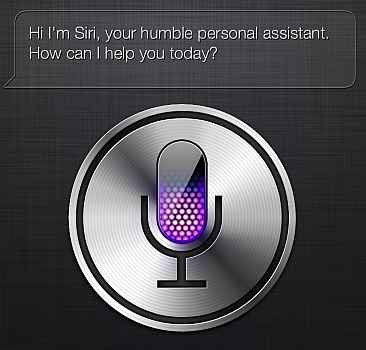2012 Revisited: Top tech fails of the year
#EpicFail. Not that we were hoping that would happen, but certain incidents and products made us wish that the apocalypse predictions actually turned out to be true. Here is a look at the #epicfails from the last few months.
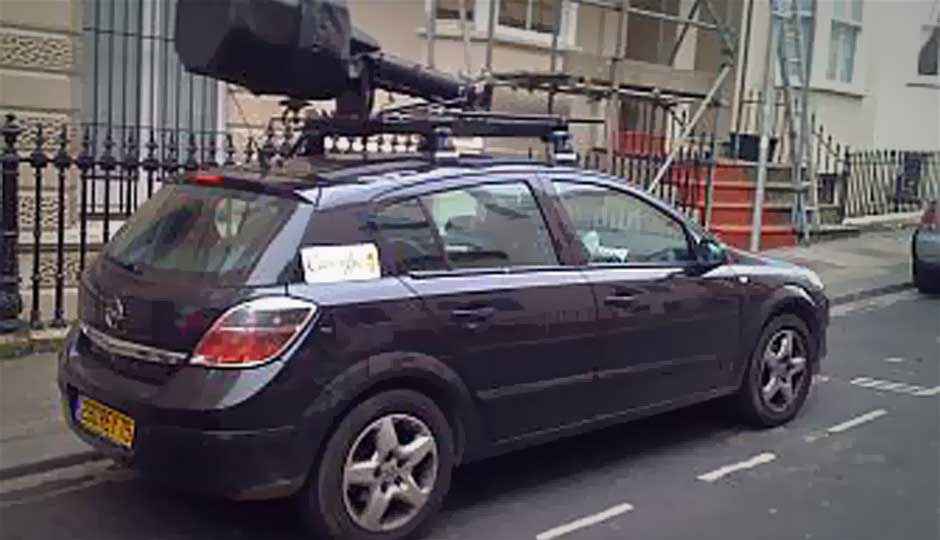
As we look back at the year that lived under the shadow of the Mayan predictions, certain tech companies did their best in an attempt to ensure that people really looked forward to the end of the world. We look back at some stories, incidents, products and issues that left us aghast in amazement and sometimes scratching our heads as well, trying to find the logic in all that.
 Survey
SurveyApple, where are the Maps?
This is a fairly well documented episode, a mess of sorts that Apple had no response to. Except allowing for the return of the Google Maps application on the App Store, where it inevitably became the most downloaded app within a few hours. With the new iOS operating system release looming, it was announced beforehand that Apple would be doing away with Google Maps and instead push Apple Maps. From the initial leaked images, we were led to believe that the Maps would actually make for a capable product. However, in reality, the exact opposite happened. Apple Maps had no clue where more than half of the world was, and did not recognize the existence of most of the remaining bit. The current joke doing rounds is that the apocalypse was actually using Apple Maps, which is why it got lost. Read Google Maps for iOS 6 Review

Instagram and the ToS outrage
Instagram was bought over by Facebook earlier in the year, and recently decided to update its Terms of Service (ToS). The new language seemed to suggest that the photo-sharing network now had the right to use any photographs uploaded by the users for any commercial or advertising purposes, if it so wished, without any prior permission from the person who uploaded it. The resultant uproar was almost deafening. Instagram has since reverted back to the earlier language” describing the ToS. However, the seeds of doubt have been sown, and a lot of users have stopped sharing pictures on the network. However, while we are at it, let us just say that most sharing networks can actually still sell your photographs. So, just be careful about what you upload online. Read 10 awesome new alternatives to Instagram.
Internet censorship
This is a serious matter. Globally, closing down access to websites seems to be the default go-to reaction of a lot of governments/countries, when things are not going in the merry way the people in power had imagined. Even in India, there were calls for controlling the content that goes up on social networks, and Hon. Minister Shri Kapil Sibal became the public enemy number one. We have seen similar Internet blackouts in certain Middle Eastern countries, particularly during even a whiff of a public uprising. China also keeps blocking access to websites at regular intervals, so much so, that no one even bothers about it anymore. The high points did include the activism we saw online during the India Gate demonstrations earlier this month, and also the war of words between Israel and Palestinian outfits a few months back.
Patent madness
This crossed the stage of being funny long back. Once Apple and Samsung got down to a battle royale in various courts globally, it just opened the floodgates. Now, everyone seems to be suing everyone else. Motorola, Nokia, HTC, RIM, Facebook, Yahoo, Google, and Oracle – the list doesn’t end here. The idea now seems simple – want something the other person has, just sue, and hope you win. Else, worst case scenario, back to the same old! Unless you are Apple and Samsung, in which case you can ask for a ban on the sales of the other’s products in that country. Quite frankly, this had become absurd.
Good morning, Siri. I didn’t get that!
The voice assistant, SiriI, did make everyone all excited about using it and experience a phone talk back to you. However, while it was fun for certain users, most of us were essentially talking to a wall. It did not understand half of the world’s accents, and gave some rather weird answers. All in all, it remained a “unique” feature to have on the iPhone, but of not much use.
Google spying
Despite initially feigning ignorance, Google admitted it knew all along that the Street View vans were able to access private data from unprotected Wi-Fi networks, as it drove past, clicking street photographs. All in all, Google had approximately 600GB of data across 30 countries. The Federal Communications Commission (FCC) gave Google a rap on the knuckles, but that seems like small change.
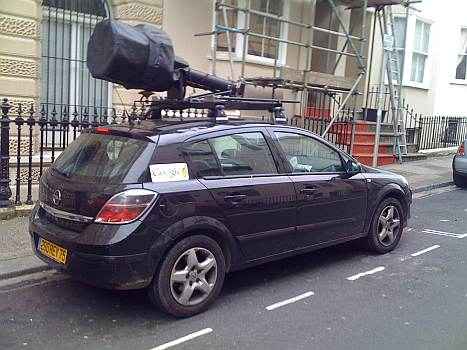
C’mon HP. Make a decision!
Let us look at the facts. HP buys Palm – the complete thing – hardware and the operating system included. Then, it was only last year that HP killed off the WebOS and had a fire-sale to get rid of the stocks of the one and only tablet they made at that time. Now (well, actually back in September 2012), CEO Meg Whitman says that the company needs to “ultimately offer a smartphone because in many countries of the world that would be your first computing device”. Ummmm, okay, that sounds logical. But what changed your mind in less than 12 months? Maybe developing WebOS would have made sense rather than now actually selling an Android and a Windows Phone device.
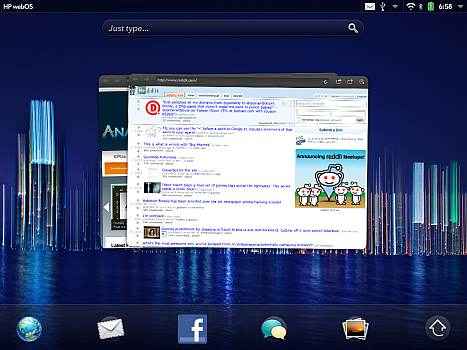
Metro, oops, Modern UI
Despite initial reactions making it clear that the Metro UI was just adding another unnecessary layer to the experience of using a PC, Microsoft still went ahead and launched it with Windows 8 anyway. It is also important to note that Microsoft cannot use the name Metro UI anymore – legal squabbles! Now, it is called Windows 8 Modern UI. The basic tasks like reaching the good old desktop, or finding the power key to shut down the machine initially is a task, even for those who have been using Windows all along. We do like the Live Tiles and are a rather interesting idea, but it doesn’t work for most users who don’t need that info instantly or isn’t using a laptop with a touchscreen.
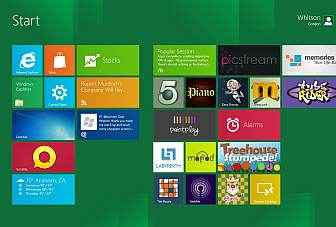
BlackBerry’s silence all year
This has been a very silent year for RIM. First up, we were expecting to see the BB10 operating system sometime during the summer of this year. Then, it was said that the OS is delayed for a while. Now, it is coming at the end of 2013. That is all fair and good, but because of this lack of clarity from RIMs side, a lot of consumers probably shifted for good. Just makes the job harder for RIM in 2013. Also read BlackBerry 10 leaks show BBM video calling, and a brand new task manager.
Sony messes it up, even before it began
Ever since summer 2012, the consumers were given the general impression that most of the 2012 range of Xperia smartphones will be in line for the Android 4.1 Jelly Bean update. When Sony released the list of phones and the upgrade schedule, a lot of customers were in for a rude shock. The phones – Xperia U, Miro, Tipo and Sola are not going to get the Jelly Bean update, contrary to expectations. As expected, Sony Mobile is getting an earful on the forums. We do know that all phones can’t be treated with the same software, but the hardware on these phones meets the basic requirements for Jelly Bean.


